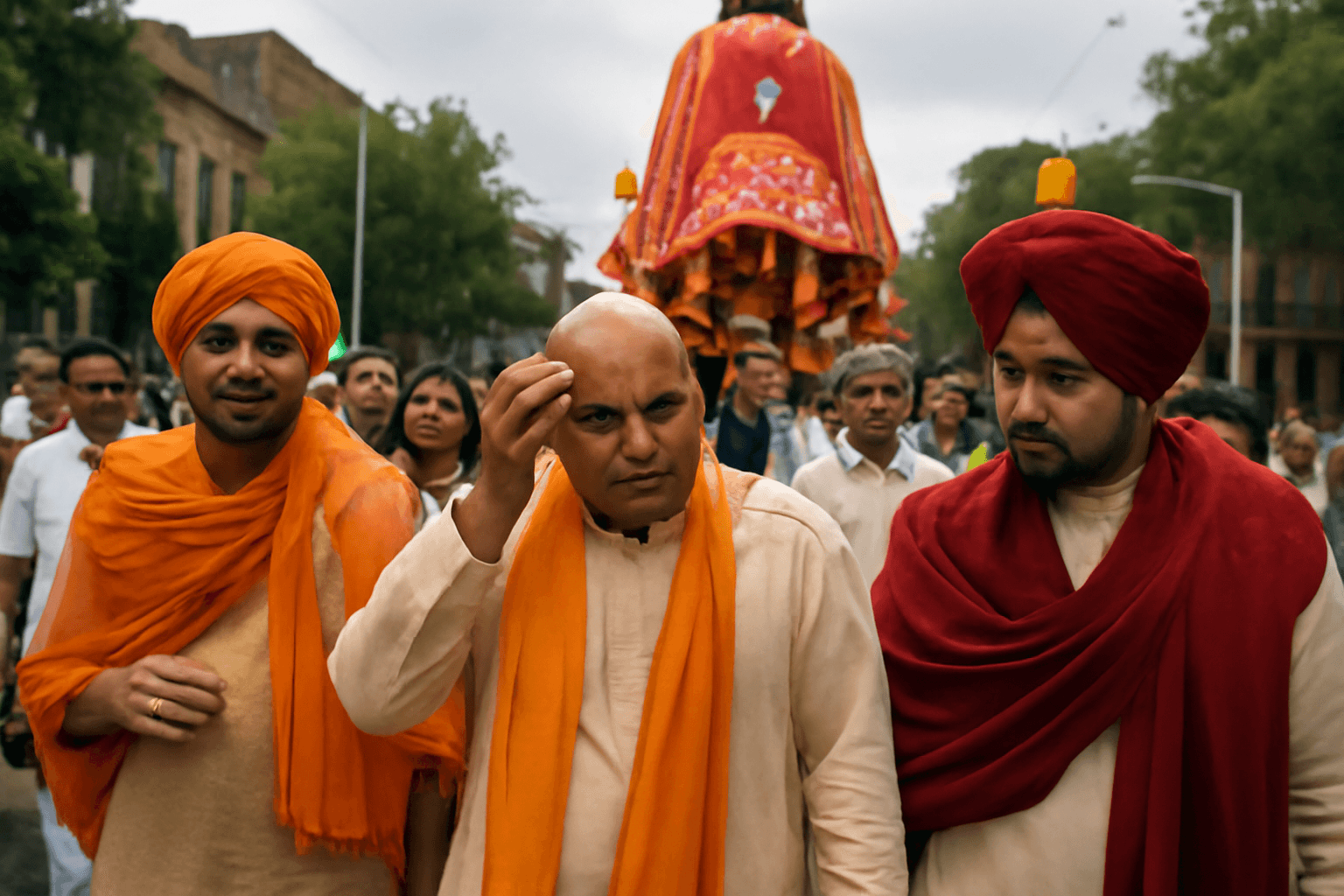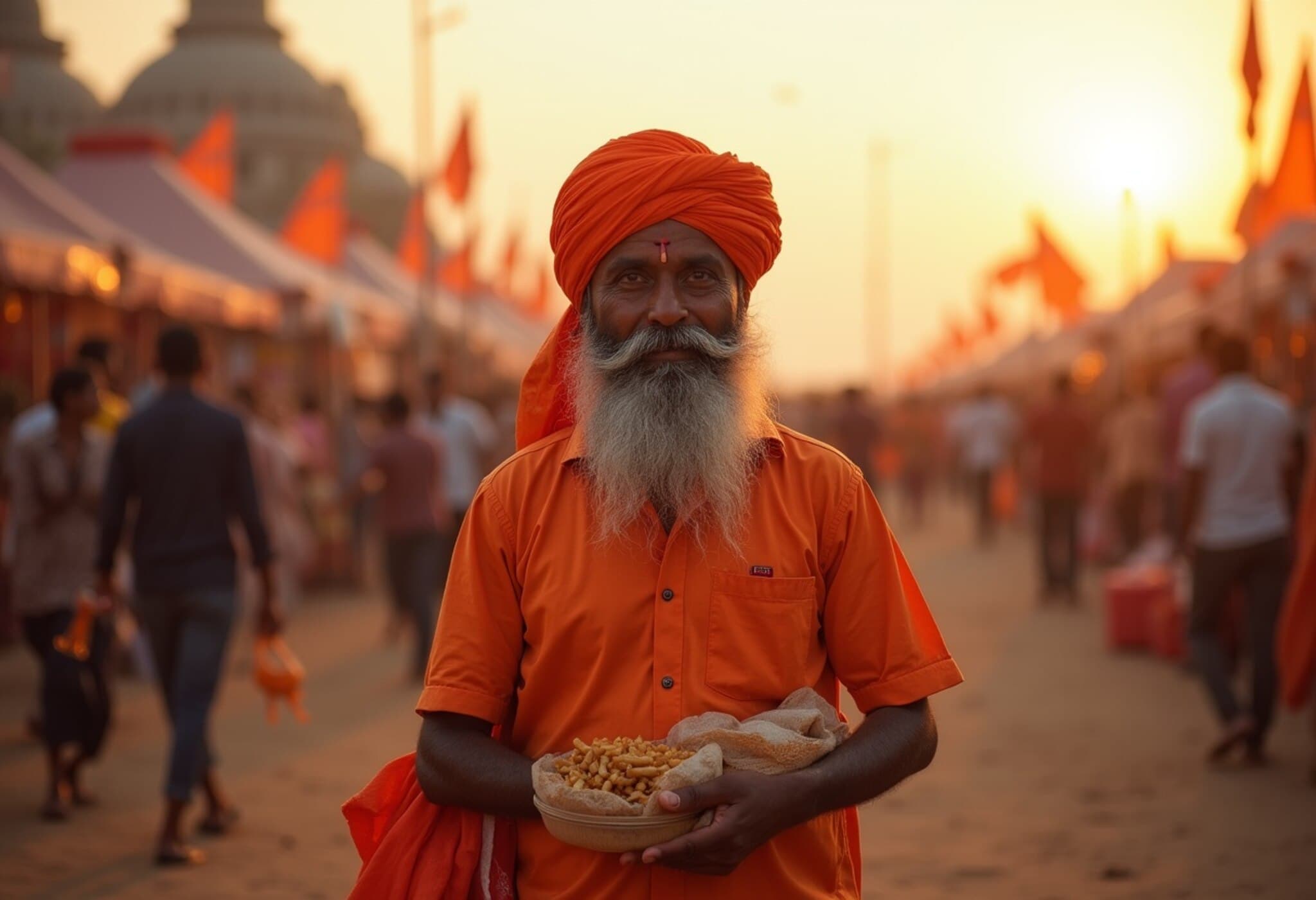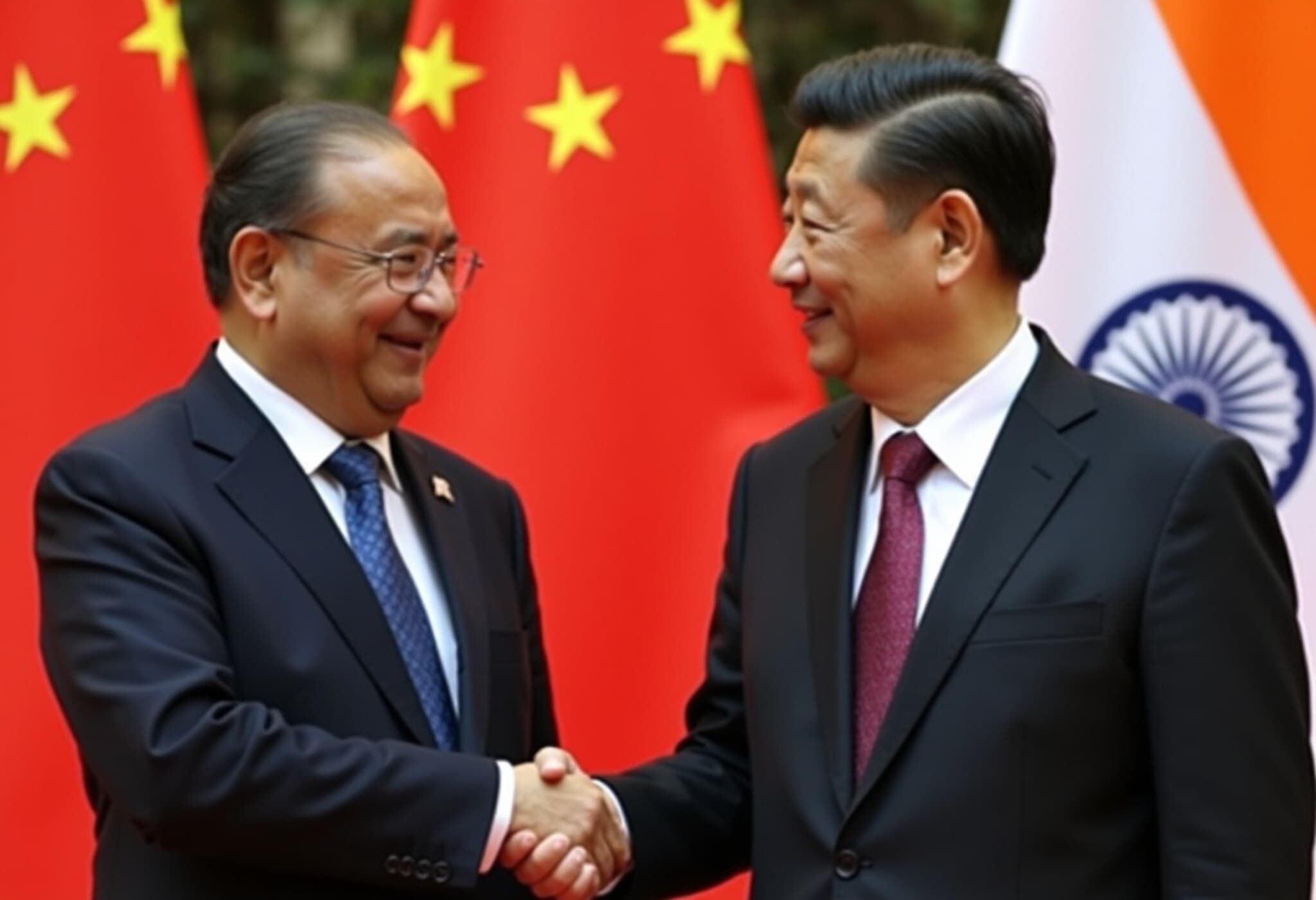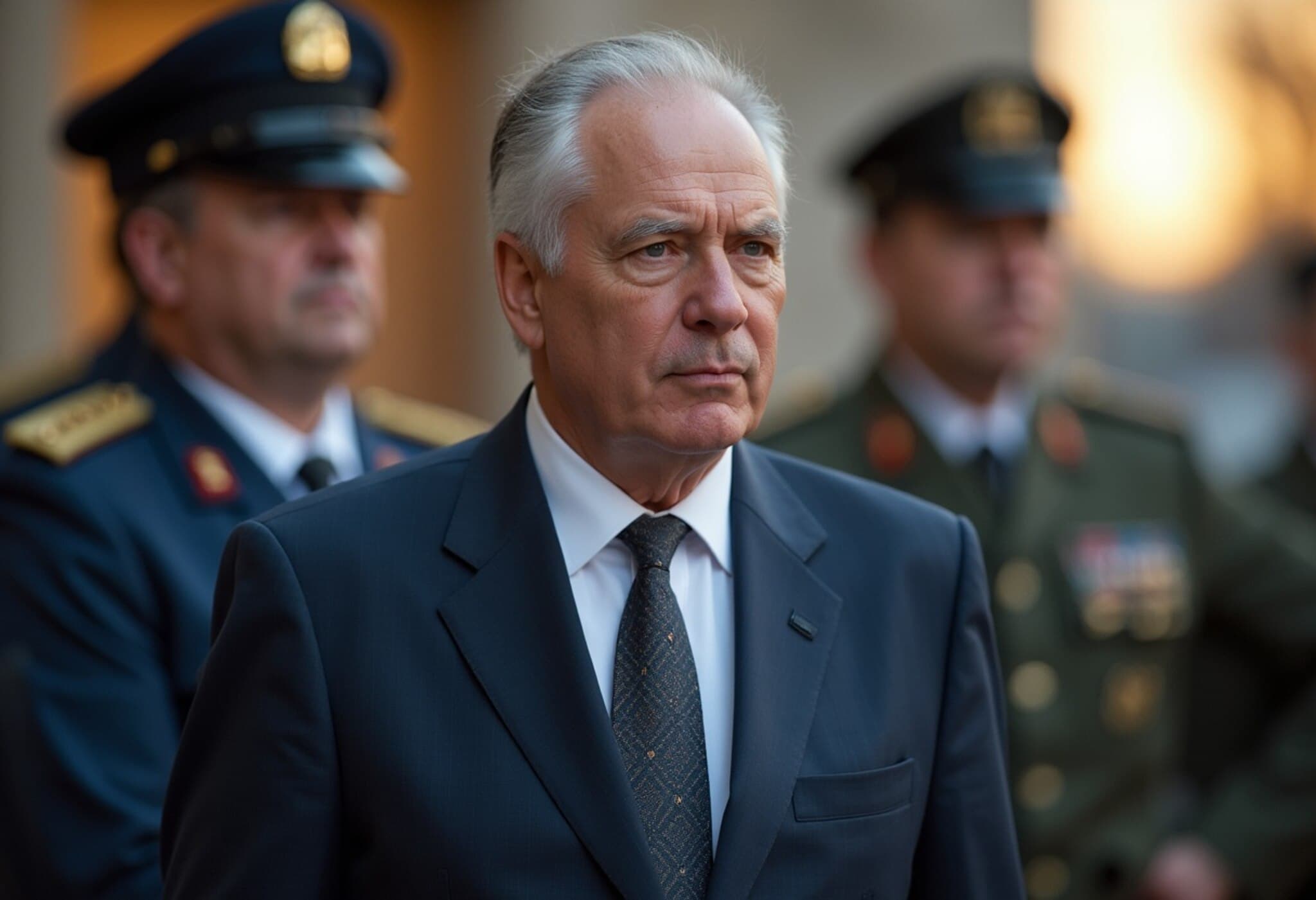Eggs Thrown at Rath Yatra in Toronto: India Urges Canada to Act
In a disturbing incident that unfolded during a vibrant Rath Yatra procession in Toronto, eggs were thrown at participants celebrating the Hindu festival, prompting a swift response from India's Ministry of External Affairs (MEA). The MEA called the act "regrettable," emphasizing that it undermines the very essence of the festival—a celebration rooted in unity, inclusivity, and social harmony.
The Incident and Immediate Reactions
A video capturing the unsettling moment quickly circulated on social media platforms, including Instagram, where participant Sangna Bajaj shared footage of the procession. The video shows joyous devotees singing devotional songs as the procession winds through Toronto’s streets before the scene is marred by broken eggs littering the path—a shocking display of disrespect during a sacred communal event.
Randhir Jaiswal, a spokesperson for the MEA, condemned the act strongly, describing it as "mischievous" and detrimental to the spirit of the festival. He said, "Such despicable acts are regrettable and go against the spirit of the festival, which seeks to promote unity, inclusivity, and social harmony."
Diplomatic Engagement and Calls for Accountability
India has formally raised the issue with Canadian authorities, urging them to identify and hold the responsible individuals accountable. The MEA's firm stance underscores the importance India places on protecting the religious freedoms of its diaspora abroad, particularly within multicultural societies like Canada.
"We have strongly taken up the matter with Canadian authorities to hold the perpetrators accountable," Jaiswal added. "We hope the Canadian government will ensure such incidents do not recur and protect the religious rights of all communities living in Canada." This diplomatic dialogue reflects a broader concern for minority rights and the challenges faced by religious communities in diaspora.
Contextual Insight: Religious Tolerance and Canadian Multiculturalism
Canada prides itself on its multicultural fabric and robust legal protections for religious expression. However, incidents like this raise pressing questions about the efficacy of these protections at the local level and the social tensions simmering beneath Canada's inclusive ethos.
The Rath Yatra, a revered annual chariot festival dedicated to Lord Jagannath, symbolizes community participation and devotion. Attacks on such religious events not only disrupt cultural celebrations but also potentially unsettle communal harmony.
Experts in diaspora studies suggest that while Canada remains a beacon for inclusivity, vigilance and proactive community engagement are necessary to counteract isolated yet impactful acts of intolerance. As political and social dynamics evolve, maintaining open dialogue between government agencies and cultural communities becomes indispensable.
Underreported Perspectives: The Indian Diaspora’s Experience
While the incident drew formal diplomatic attention, the emotional and psychological toll on community members is another critical layer worth noting. Such acts foster feelings of vulnerability among diaspora communities who seek to preserve cultural identities in foreign lands.
Local Indian organizations have called for increased security measures and greater public awareness to prevent similar incidents. The situation highlights the need for sustained efforts in promoting mutual respect and understanding across diverse cultural landscapes.
Looking Ahead: What This Means for Religious Festivals Abroad
- Enhancing community safety: Authorities must bolster protective measures during religious events to reassure participants.
- Policy implications: Governments, especially in multicultural nations, must revisit frameworks that safeguard religious freedoms and swiftly address hate incidents.
- Dialogue and education: Fostering intercultural dialogue can dismantle prejudices and build stronger community bonds.
Editor’s Note
This unsettling episode during Toronto’s Rath Yatra invites us to reflect on the fragile balance between cultural celebration and societal tensions in global cities. While Canada upholds a legacy of pluralism, this incident underscores that vigilance against intolerance is an ongoing responsibility shared by governments and communities alike. Protecting religious freedom is more than a policy—it’s about honoring the dignity and identity of every individual who contributes to the vibrant mosaic of multicultural societies.
Will Canadian authorities' response set a precedent for how such incidents are handled in the future? And how can diaspora communities and host nations collaborate more effectively to prevent similar acts? These questions remain critical as religious festivals continue to serve as powerful expressions of cultural heritage worldwide.
















